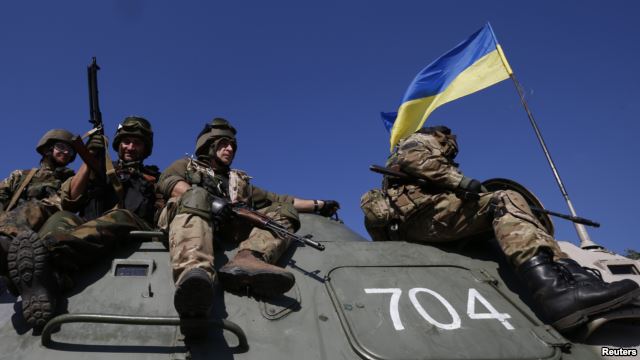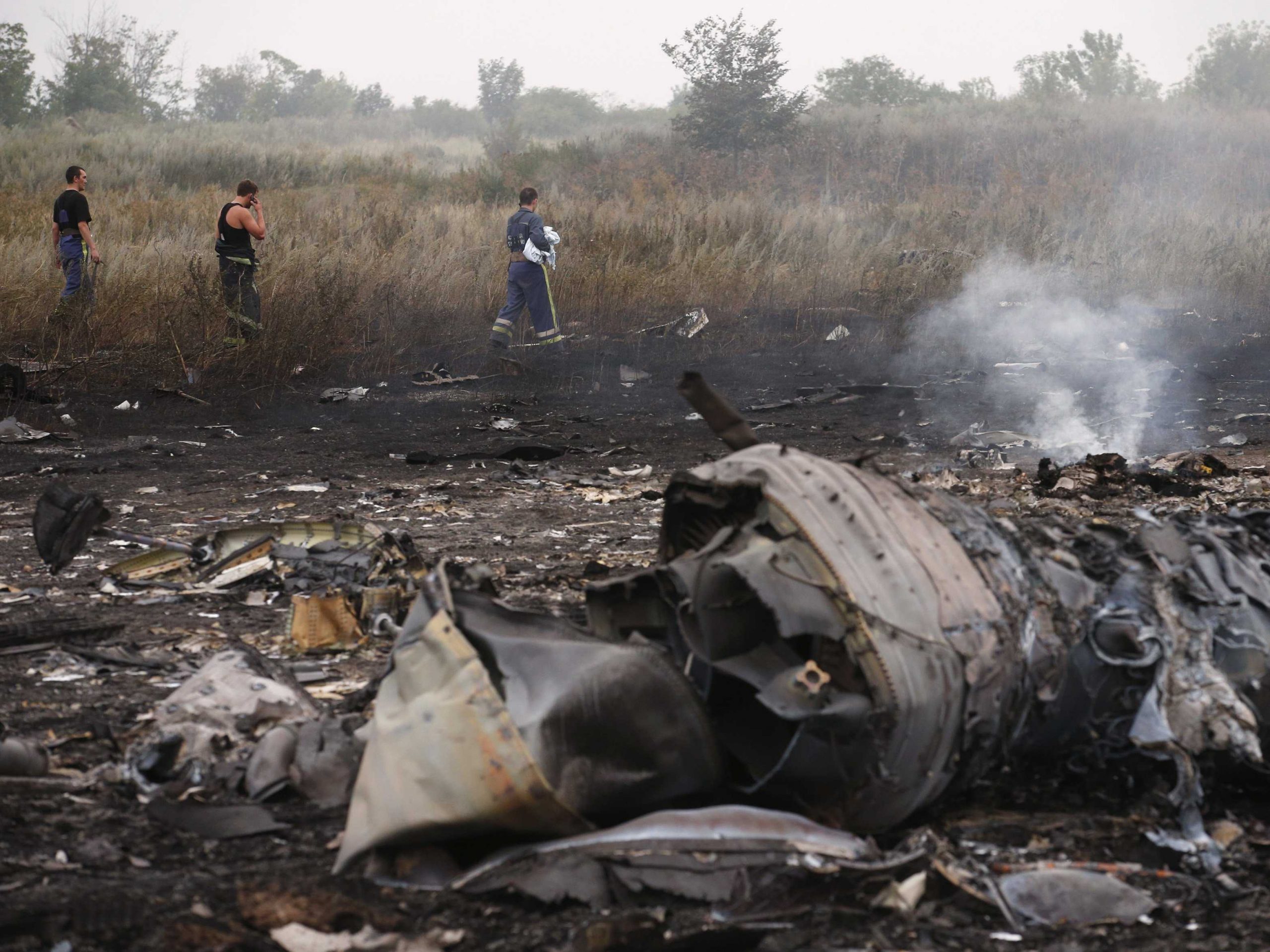Rostyslav Khotyn
Never since the end of the Cold War has the principle ‘an attack on one is an attack on everyone’ had such resonance and significance as it does now.
One of my journalist colleagues at the NATO summer in the Welsh city of Newport noted that the same number of journalists gathered to listen to Petro Poroshenko’s statement about the ceasefire in Donbas as they did for Barack Obama’s final press conference. What is more, they waited longer for the Ukrainian leader and with more patience, than for the leader of the most powerful country on the planet…
And really, the events in Ukraine in the last half-year, Russia’s annex of Crimea, war in Donbas, changed Europe and the world so much that even this NATO summit became ‘Ukrainian’ in essence, as well as the most important in the last 20 years.
As to Ukraine itself, the key moment of the Welsh summit was the declaration of the ceasefire in Donbas, agreed on in Minsk by Ukraine, Russia and the OSCE, with the involvement of the separatists from the so-called ‘DNR’ and ‘LNR.’ However, to say that NATO leaders were easily swayed by this would be incorrect. There is rather a cautious kind of optimism. Obama stated that based on experience, there is all reason to be skeptical and not trust the promises on part of the separatists.
The question now lies in another plane. Will the West that strives for peace to finally be established in Ukraine, resort to softening or, as some people already assume, even abolition of sanctions against Russia? No! The reaction of the NATO country leaders show that nobody is going to soften the sanctions nor abolish them at the moment. On the contrary, a new EU sanctions package is about to be enacted in several days, which will include financial limitations on loans, limitations imposed on Russia military industrial complex productions and the oil industry, which will land a blow to Gazprom’s subsidiaries, limits the supply of dual-purpose products etc.
Both the British Prime Minister David Cameron and German Chancellor Angela Merkel reacted to the ceasefire in the following way: the signing of the protocol does not yet mean a real ceasefire; we have to see what really happens; sanctions are necessary at the moment, everything is according to plan; if long-term peace does establish itself in Donbas, and Russia becomes reasonable and stops de facto aggression against Ukraine, then they can think about softening and prospective abolition of the sanctions…
So the West doesn’t believe in words and wants the signatures on the protocol to mean real ceasefire in the Ukrainian East.
As to the other aspects of the summit, here the Ukrainian crisis forced the Alliance to seriously reexamine its strategy in the region. The previous concept that we, having accepted post-communist estates of Central and Eastern Europe, are not really going to create a full-scale NATO infrastructure in the region not to scare Russia – all of this is in the past. And we have Putin’s Kremlin to thank for this, which by its aggressive action against Ukraine is forcing the NATO to once more seriously think about the somewhat forgotten Russian threat.
The NATO declared an action plan and the creation of swift response forces which will be able to relocate to crisis locations within several days. The frontline bases of these forces will obviously be located in Baltic states, Poland and Romania. These are the countries that feel most threatened because of the Kremlin’s new aggressive policies. These troops will constitute several thousand extraordinarily mobile soldiers.
The NATO will also seriously demand that its members spend the necessary 2% of their GDP’s on defense. Before the Ukrainian crisis only four countries complied with this norm: the US, Britain, Estonia and Greece. Because of the Ukrainian conflict the ‘financial A students’ now include Poland, Romania, Lithuania, Latvia, Türkiye and France. Gradually, other NATO countries should reach the two-percent barrier, and not abuse the US safety umbrella.
So the NATO’s general strategy henceforth will be more concentrated on Eastern Europe and parters in the region. This does not mean, however, that, say, Ukraine and Georgia will soon become NATO members. So far there is a feeling that this topic is not yet on the agenda – in particular, in the case of Ukraine. And though Arseniy Yatseniuk’s government asked the Parliament to re-examine the non-block status, however at the summit in Vilnius both President Poroshenko and the NATO General Secretary Rasmussen were conservative in their evaluations of the future: and especially the time it will take for Ukraine to become a member. Poroshenko said that first we need to carry out reforms and then seriously pose this question.
In general, the NATO is currently searching for a sense of its existence in the light of the gradual wrap-up of the mission in Afghanistan. What is the Alliance’s priority area? What are the threats in the XXI century? Where to go? The Russian aggression against Ukraine provided an answer to many questions and searches. The NATO does not want a new Cold War and does not want, according to Rasmussen, to be a ‘global policeman.’ However never since the end of the Cold War has the principle ‘an attack on one is an attack on everyone’ had such resonance and significance as it does now. Never has the NATO paid such attention to security and stability not only among its members but its partners as well, among which Ukraine, with its geopolitical weight, has a special place.
Source: TSN
Translated by Mariya Shcherbinina








